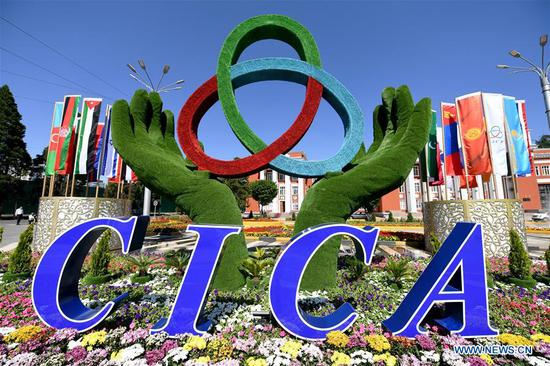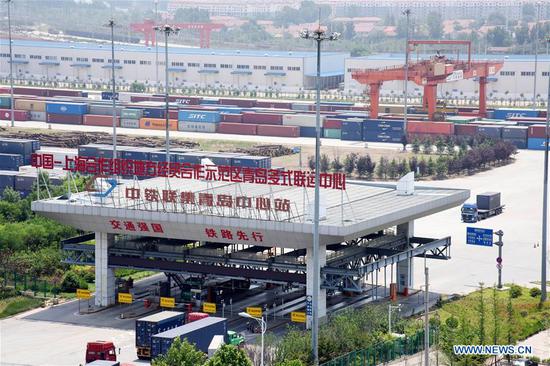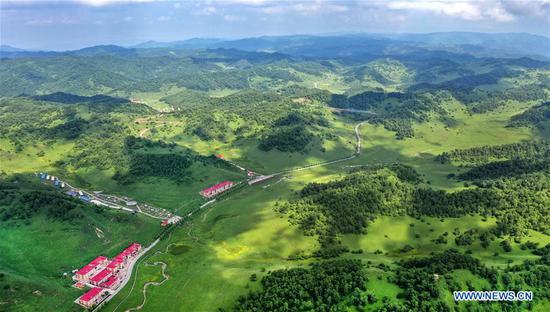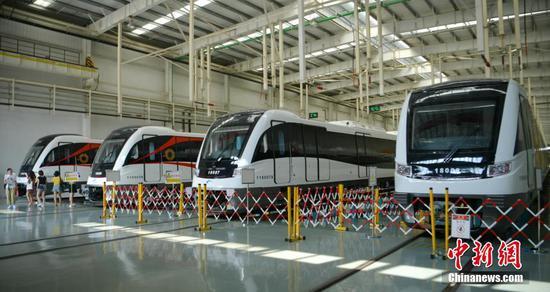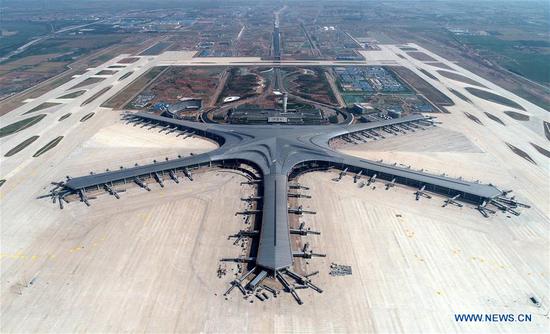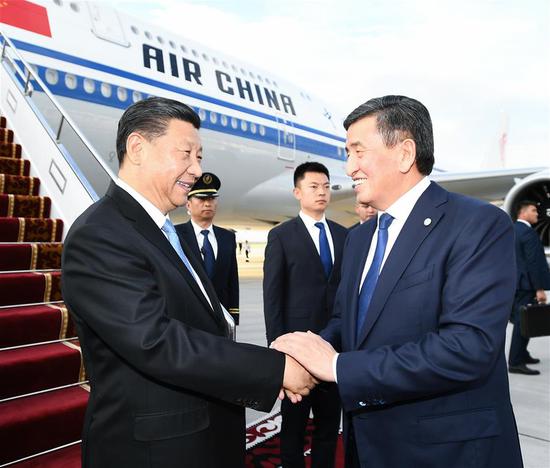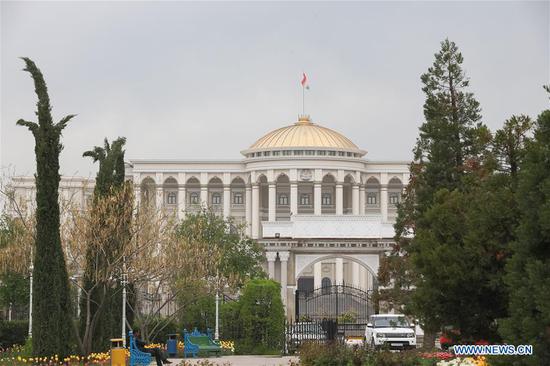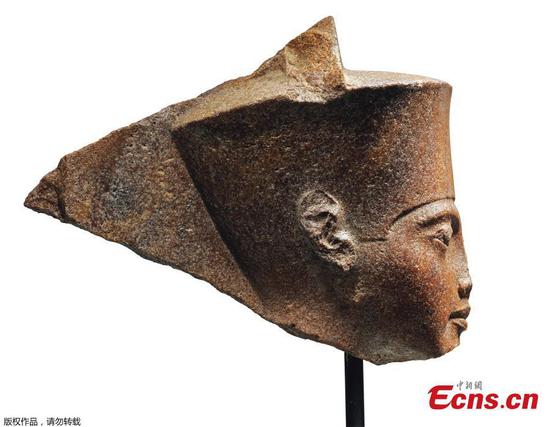The Trump administration has touted the "long-term gain" from its tariff measures targeting trading partners worldwide, arguing that the "short-term pain" to the U.S. economy is worth it, but most economists don't think so, according to the latest Wall Street Journal survey.
Nearly 73 percent of the economists polled by the Journal between June 7 and June 11 said they don't expect that any long-term gains from the tariffs will offset the short-term damage to the U.S. economy.
Meanwhile, the economists put the probability of an economic recession in the United States in the next 12 months at 30.1 percent, the highest level since late 2011, the report said, adding that nearly two-thirds of the respondents see the trade or tariffs as the biggest downside risk.
Nearly half of the economists, or 48.8 percent, expect the recession to happen in 2020, up from just over a third in the May survey. Some 36.6 percent predict that the downturn will come in 2021, and less than 5 percent said it will begin this year.
The Trump administration increased additional tariffs on 200 billion U.S. dollars' worth of Chinese imports from 10 percent to 25 percent in May, and has threatened to impose tariffs of 25 percent on essentially all remaining Chinese goods sold to the United States -- valued at roughly 300 billion dollars -- which are not yet subject to extra duties.
In response, China raised additional tariffs on a range of U.S. imports on June 1.
"(Tariffs) don't benefit anyone -- the U.S. economy, revenue into government -- and they certainly don't benefit the Chinese," the Journal quoted Russell Price, chief economist at Ameriprise Financial, as saying.
Close to three quarters, 74 percent of the economists said they saw the U.S. economic growth tilt to the downside, up from 58 percent in May and 47 percent in June last year, the Journal said.
As for who bear the brunt of the trade disputes, economists "broadly said the most significant potential impact from trade disputes with China and Mexico is uncertainty for consumers, businesses and financial markets," the report said.
The economists' opinion, however, contradicts that of the White House officials, who has repeatedly made the case that the negative impact of the tariffs on U.S. consumers is small.
White House National Economic Council Director Larry Kudlow said Thursday that whatever the Trump administration intends to do with the threat of tariffs on 300 billion dollars worth of Chinese goods, "the consumer impact will be very, very small."
"We can quibble about that, we can disagree with that," Kudlow told a luncheon at the Peterson Institute for International Economics in Washington, adding that the administration's approach is necessary to protect the U.S. economy, U.S. farmers, ranchers, auto and other manufacturing workers, as well as U.S. technologies and patents.
"To do that on a cost-benefit basis is worth it," he said.
The monthly survey was conducted with 59 academic, business and financial economists, though not every economist answered every question, the Journal said.














